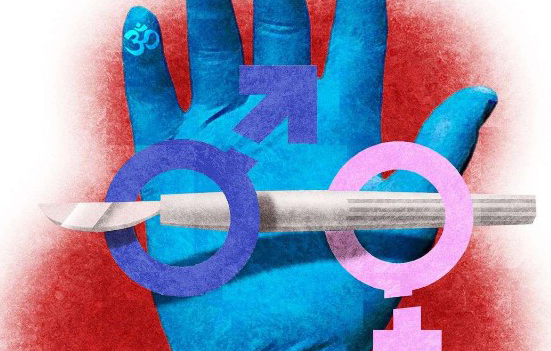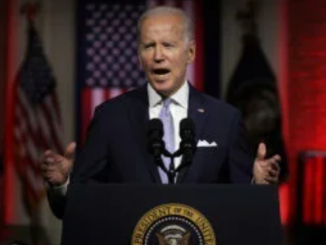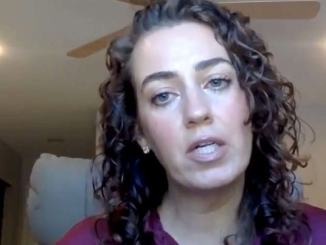
OPINION:
For thousands of religious health care providers across the U.S., it is their deeply held faith that motivates them to serve patients from all backgrounds with excellent, compassionate medical care. Many would rather stop practicing medicine than be forced to violate their consciences.
Yet a new regulation from the Department of Health and Human Services threatens to do just that, forcing religious providers and institutions to participate in abortions, sterilizations and “gender-transition” procedures — all while allowing exceptions for secular reasons.
This week, a diverse coalition of health care providers, religious organizations and policy advocates submitted comments on HHS’ proposed update to Section 1557 of the Affordable Care Act, commonly known as the “transgender mandate.” This proposed rule would unravel important protections for religious exercise and would violate the consciences of thousands of health care providers whose religious beliefs prevent them from participating in abortions or sex-obscuring procedures.
First Liberty Institute represents multiple religious health care providers and entities, including nurse practitioners with religious objections to prescribing abortifacient and sterilizing medications, and a physician assistant whose religious beliefs prevent her from prescribing gender-transition hormones or referring patients for sex-obscuring surgery.
As our public comment explains, millions of Americans hold sincere religious beliefs about gender, sex, human life and the body. If HHS enacts this rule, it will attack members of many faith groups, including Christians, Buddhists, Muslims and members of the Orthodox Jewish community.
The proposed rule treats religious providers unfairly by allowing doctors to object to sex-obscuring procedures for secular reasons but not religious reasons. This violates the free exercise clause of the First Amendment under Supreme Court decisions such as Fulton v. City of Philadelphia and Tandon v. Newsom. The proposed rule also violates the Religious Freedom Restoration Act (RFRA), as multiple federal courts already held in Franciscan Alliance v. Becerra and Religious Sisters of Mercy v. Azar, when a similar rule was enacted in 2016.
The proposed rule fails to respect state laws that protect religious liberty for health care providers. According to a nationwide index recently published by the Center for Religion, Culture, and Democracy (an initiative of First Liberty Institute), Religious Liberty in the States 2022, nearly all 50 states have some form of religious freedom or conscience law in place to protect health care providers. And 23 states have enacted versions of RFRA, which apply the highest scrutiny when government attempts to regulate conscience. HHS must respect these protections for religious Americans.
The proposed HHS rule would reduce access to health care for America’s most vulnerable populations. First Liberty’s public comment points out how religious doctors and hospitals will continue to be sued and eventually forced out of practice if federal regulations violate their consciences. Looking at hospitals alone, 18.5% of hospitals are religiously affiliated as of 2016; 14.5% of these are Catholic-owned or Catholic-affiliated, and 4.0% are affiliated with other faiths or denominations. Even if only some of these hospitals are forced to close or reduce their services, that will significantly limit patient access to health care at a time of severe shortages.
As individual providers, 51.2% of surveyed physicians reported themselves as religious, and 20.7% reported praying with patients. Even if only some of these physicians have conscientious objections to participating in sex-altering procedures, the proposed rule will have a detrimental impact on the overall health care system as many are forced to withdraw from caring for the patients they seek to serve.
Religious health care providers are uniquely equipped to address not only the physical but also the spiritual needs of patients who desire a faith perspective. Indeed, they seek to bridge the gap between patients’ physical health and spiritual health in ways that benefit both individuals and communities as a whole. As the Catholic Health Association makes clear: “We answer God’s call to foster healing, act with compassion, and promote wellness for all persons and communities, with special attention to our neighbors who are poor, underserved, and most vulnerable. By our service, we strive to transform hurt into hope.”
The conscience rights of people of faith seeking to serve their communities through health care must be protected. We hope that HHS will take note of the widespread resistance to its proposed rule and take action to protect these courageous public servants.
* Article from: The Washington Times


